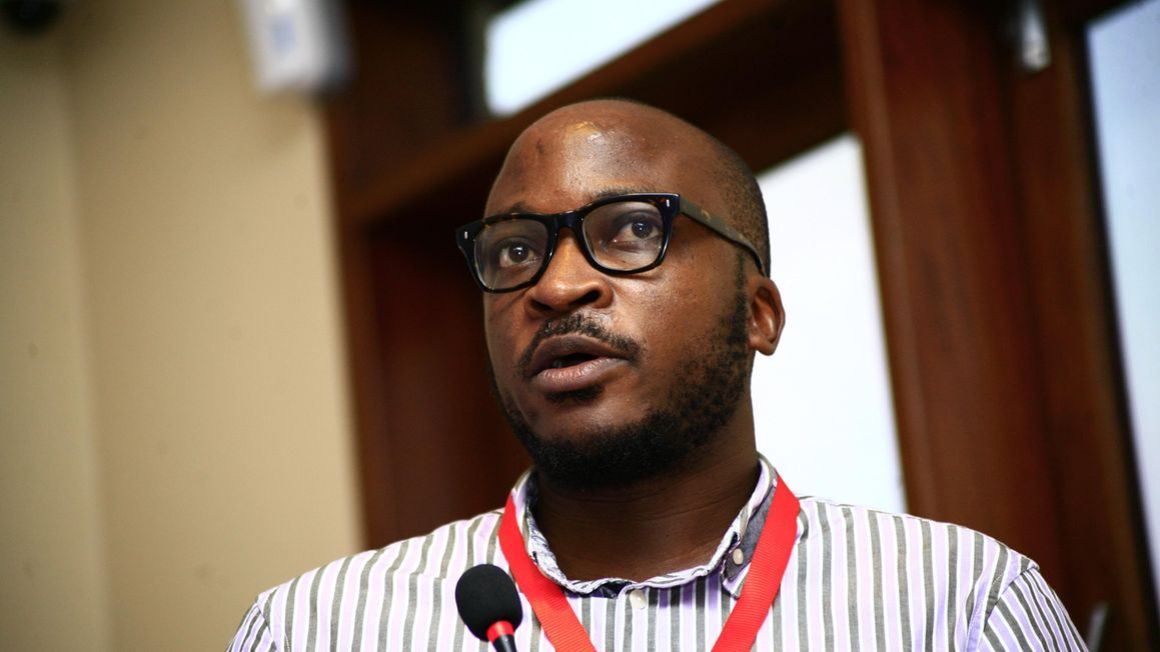To fix Kampala City, start with residents who steal streetlights

Daniel K. Kalinaki
The new Kampala City chief executive Dorothy Kisaka recently paid us a courtesy visit in a coming-out party delayed by the coronavirus pandemic. There are many comparisons to be made between her and her predecessor, but also key differences.
For starters, her bodyguards remained largely out of sight. She turned up with a surprisingly small entourage and, if I recall correctly, carried her own handbag – something my friend and university year mate Judith Nabakooba these days struggles to juggle with her ministerial load. Ahem.
Anyway, Ms Kisaka has plenty of work to do. A year after the curfew halted night-time garbage collections, many parts of the city are covered in rubbish. The potholes have returned with a vengeance, as have the floods whenever there is so much as a trickle. Traffic remains nasty, the air is pregnant with particulate matter, and city authorities appear to all but have given up on efforts to fight for green spaces.
Many of the flagship roadworks are paid for by loans from the World Bank or grants from the Japanese. Funding from the Central Government remains low and city authorities have been bewilderingly unimaginative about raising cash. To improve the city, Ms Kisaka and her team will have to be more radical in their thinking and less political in their considerations.
Accepting that Kampala will never vote for certain candidates is a good place to start. As is understanding that “development” without people is neither sustainable nor desirable.
In fact, few of the city’s problems can be solved without the consent and compliance of its residents. Take garbage, for instance; KCCA can run double or triple shifts collecting it but what would make a big difference is to get people to stop littering and start sorting and recycling their waste.
Or consider congestion. Wider roads will invite yet more cars, most of which are single- or at most double-occupied. A smarter way is to encourage car-pooling, say by only allowing into the city cars whose licence plates end with a letter from the first half of the alphabet on some days, and the rest on others. A congestion charge for those who insist would pay for the cost of enforcement and leave plenty of change.
Even smarter is for KCCA to encourage employers to extend remote-working schemes beyond the end of the pandemic. This would involve working with developers on the fringes of the city and in neighbouring Wakiso to invest in co-working spaces, and with telecoms to extend fibre cable to outlying areas to allow the city to breathe.
The real test of success for the new city administrators, apart obviously from finding a way to work with and not undermine the elected political leaders, is how to involve Kampala residents in the plans to modernise Kampala.
A simple but radical idea for the new team to consider is to sit down and listen to city dwellers about their views on how to improve the city, and what contribution they are willing to make.
This would leave the team with two follow up steps. The first is to raise a municipal infrastructure bond and fix the city up quickly rather than piece-meal. Due to the high cost and low availability of land, the focus should probably be on trams, which can share roads with cars, not buses, which can’t work without dedicated lanes.
The second step, having listened to the city’s real stakeholders, is to get them to own its revamp. Your columnist has always wondered how people are able to pluck a manhole cover off the street or relocate a lamppost from a public road to their backyard. None of these thefts happen in the dead of the night or without witnesses; it is just that no one cares to even raise the alarm.
The most urgent and important job in fixing Kampala is not repaving the roads and installing traffic signs although heaven knows we need plenty of that. It is to ensure that when you visit a shack in Naguru or Kitintale you do not find, leaning against a bedroom wall, a “school children crossing” sign plucked off the road.
Putting things in is great but getting to a point where city residents do not feel the impulse to steal those things is the real game changer. You can’t build a city around its residents, only with and for them.
Mr Kalinaki is a journalist and poor man’s freedom fighter.
@Kalinaki




